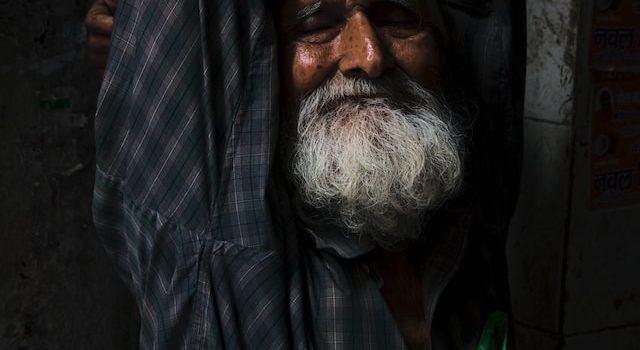
Introduction: The issue of police violence and its impact on Black individuals goes far beyond the immediate physical harm. The long-term consequences on the mental well-being of Black psyches cannot be underestimated. This article aims to shed light on the profound effects of police violence on the mental health of Black communities and advocate for comprehensive support and reform. By addressing these long-term consequences, we can work towards healing, justice, and equality.
A Legacy of Trauma: The legacy of police violence against Black individuals is deeply rooted in a history of systemic racism and discrimination. This ongoing trauma, fueled by racial profiling, excessive force, and a lack of accountability, inflicts immeasurable psychological wounds. The repeated exposure to violence and the constant fear of encounters with law enforcement contribute to chronic stress, anxiety, and post-traumatic stress disorder (PTSD). It is crucial to recognize and reckon with this collective trauma to pave the way for healing.
Mental Health Disparities: The consequences of police violence on Black psyches are exacerbated by pre-existing mental health disparities. Due to systemic barriers and stigma, Black individuals often face limited access to culturally competent mental health services. This disparity further compounds the challenges they experience in processing the trauma of police violence. Bridging the mental health gap is essential to provide the support needed for healing and resilience.
Interrogating Institutional Racism: Addressing the long-term consequences of police violence necessitates confronting institutional racism within law enforcement and the criminal justice system. Racial bias, discriminatory practices, and the lack of accountability perpetuate a cycle of harm. Police reform must include measures to address and eliminate these systemic issues. Implementing bias training, diversifying police departments, and fostering community engagement are vital steps toward promoting equity and justice.
Collective Healing and Community Support: Collective healing and community support play a crucial role in addressing the long-term consequences of police violence on Black psyches. Community-led initiatives that center the experiences of survivors provide spaces for healing, empowerment, and resilience. Support networks, counseling services, and grassroots organizations create opportunities for dialogue, advocacy, and self-care. Amplifying the voices of survivors and engaging allies in the fight against police violence fosters a sense of solidarity and drives systemic change.
The Importance of Trauma-Informed Care: Trauma-informed care is a critical approach in supporting individuals impacted by police violence. Recognizing the signs of trauma, providing a safe environment for disclosure, and tailoring mental health services to address the unique needs of survivors are paramount. Culturally competent care that acknowledges the historical and racial context of police violence is essential. This approach empowers individuals to reclaim their narratives, heal, and rebuild their lives.
Advocating for Policy Reform: Advocacy for policy reform is integral to addressing the long-term consequences of police violence on Black psyches. Pushing for legislative changes that prioritize accountability, de-escalation training, and community engagement is crucial. Additionally, reallocating resources from punitive measures to community-based mental health services can help address the root causes of violence and promote holistic well-being.
Conclusion: Reckoning with the long-term consequences of police violence on Black psyches requires a comprehensive approach that acknowledges the legacy of trauma, addresses mental health disparities, interrogates institutional racism, and fosters collective healing and community support. By advocating for policy reform, providing trauma-informed care, and amplifying the voices of survivors, we can work towards a society that respects and protects the mental well-being of all individuals. It is time to reckon with racism and create a path to healing and justice.










